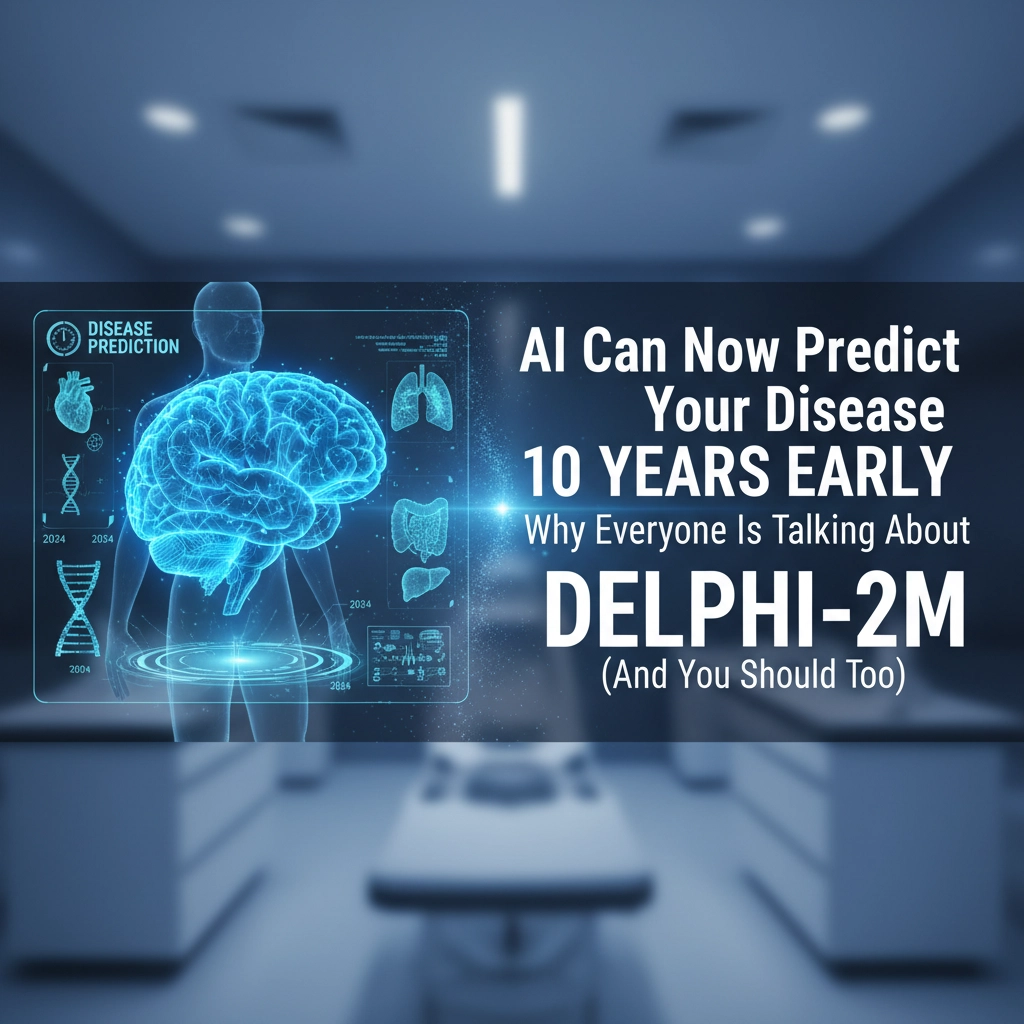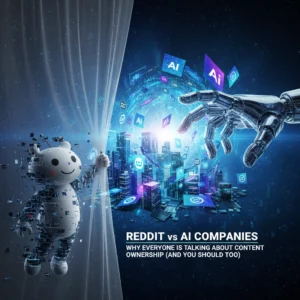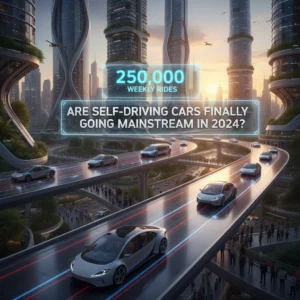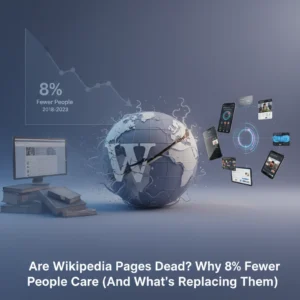What if your doctor could tell you that you'll likely develop diabetes in 2034, or that you're at high risk for a heart attack when you turn 65? Sounds like science fiction, right? Well, it's not anymore.
Scientists just dropped something that's got the entire medical world buzzing. It's called Delphi-2M, and it's an AI that can predict over 1,000 different diseases up to 10 years before they happen. Yeah, you read that right. Ten. Years.
This isn't your typical health calculator that spits out generic advice. This thing is different. Way different.
What Exactly Is Delphi-2M?
Think of Delphi-2M as ChatGPT's medical cousin. While ChatGPT predicts the next word in a sentence, Delphi-2M predicts your next health condition. It's been trained on anonymous health data from 2.3 million people across the UK and Denmark.
Here's what makes it special: instead of just looking at one disease at a time, it maps out your entire health journey. It doesn't just say "you might get heart disease." It says "you might get high blood pressure at 45, which could lead to heart disease at 52, and here's what might happen after that."
The AI breaks down everything about you – your age, lifestyle, medical history, even your zip code – into what researchers call "tokens." Just like how ChatGPT processes words, Delphi-2M processes these health tokens to spot patterns that humans might miss.
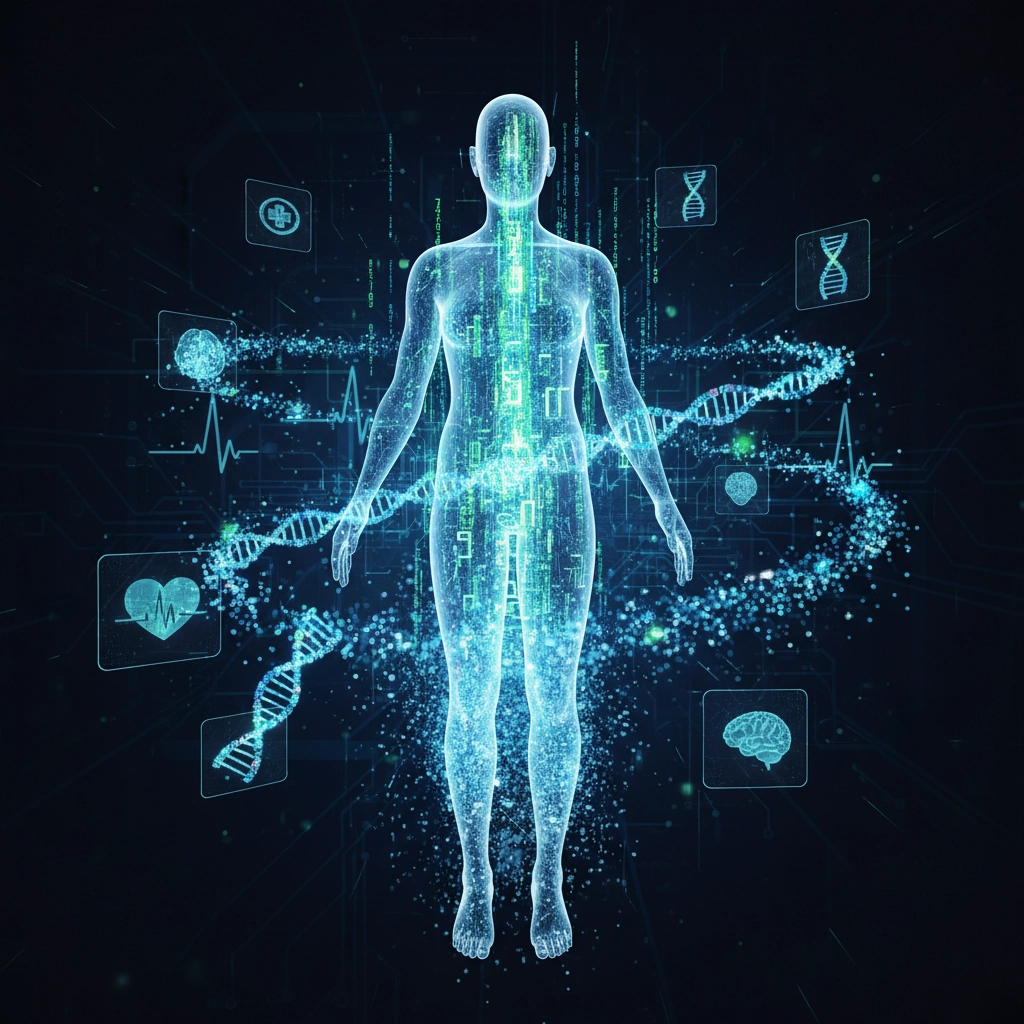
In testing, it hit an accuracy score of 0.76 across hundreds of diseases. That might not sound perfect, but considering how complex human health is, it's actually pretty impressive. When researchers asked it to predict what would happen to 60-year-olds over the next decade, its predictions matched real-world outcomes surprisingly well.
Why Should You Care?
Here's where things get interesting for regular folks like us. Right now, most of us only think about our health when something goes wrong. You feel chest pain, you go to the doctor. You find a weird lump, you get it checked out.
But what if you could flip that script entirely?
Let me tell you about Sarah (not her real name, but based on real research). She's 35, feels perfectly healthy, and just had her annual checkup. Everything looked normal. But if an AI like Delphi-2M analyzed her complete health profile, it might flag that she's on track for Type 2 diabetes in her mid-40s.
Instead of waiting until she's already diabetic and dealing with complications, Sarah could start making changes now. Maybe she adjusts her diet, starts exercising differently, or works with her doctor on preventive treatments. By the time she hits 45, she might have dodged diabetes completely.
That's the real promise here – turning medicine from reactive to proactive.
Here are the biggest ways this could change healthcare:
• Early intervention becomes the norm – Doctors could start treating conditions years before symptoms appear
• Personalized prevention plans – Your health roadmap could be tailored specifically to your risk factors
• Better resource planning – Hospitals could prepare for future disease trends and allocate resources smarter
• Insurance and financial planning – People could make more informed decisions about health insurance and savings
The technology could also help doctors spot high-risk patients who might otherwise slip through the cracks. Someone who looks healthy on paper might actually be heading toward serious complications that could be prevented with early action.
The Reality Check (Because There Always Is One)
Before you get too excited about your AI crystal ball, let's pump the brakes a bit. Delphi-2M isn't ready for your doctor's office yet. Not even close.
The biggest issue? It's not equally accurate for everyone. When researchers tested it on Danish data after training it on UK data, the accuracy dropped. That suggests it might not work as well for different populations or ethnic groups.
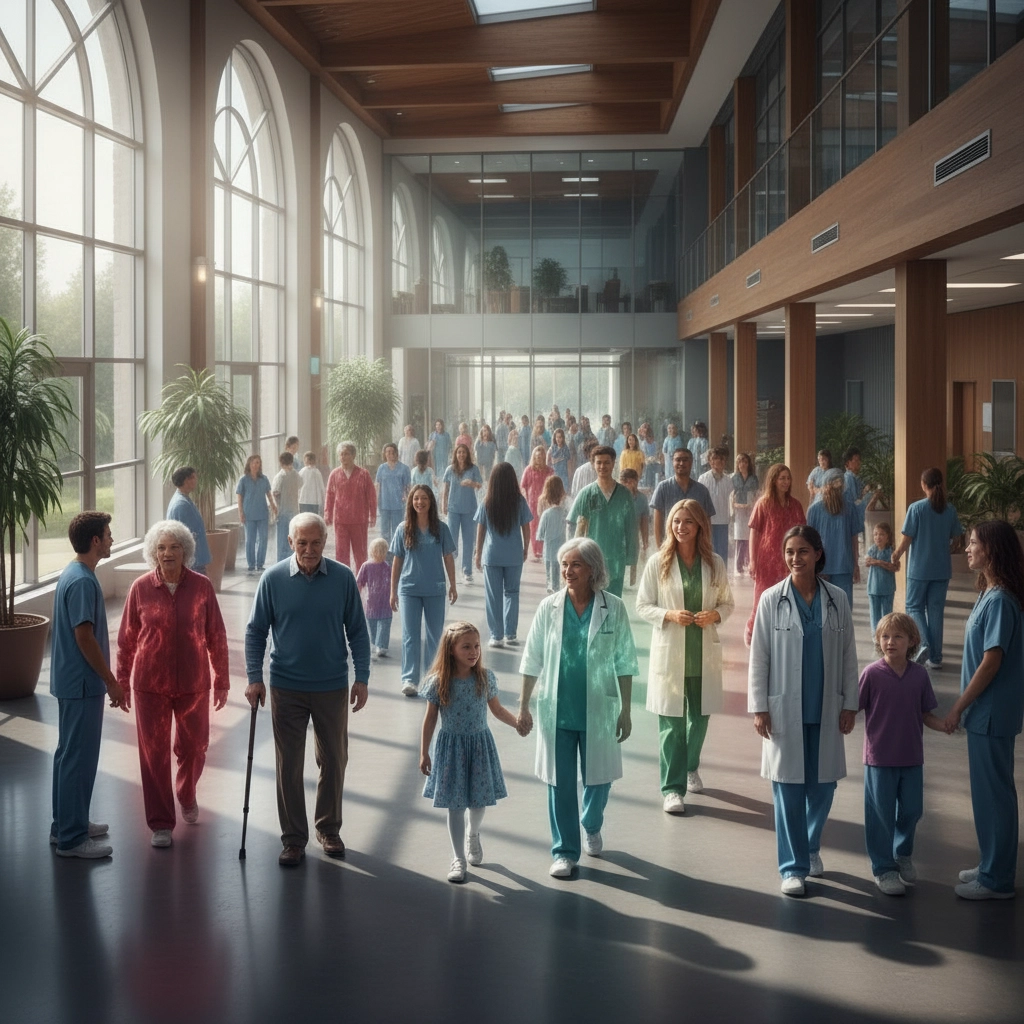
There's also the bias problem. The AI was trained mostly on data from healthier, wealthier people who participated in health studies. If you don't fit that profile, the predictions might be way off.
And here's something crucial – this isn't a diagnostic tool. It's making educated guesses based on patterns, not definitive statements about your future. Just because the AI says you might develop cancer doesn't mean you will. Just because it doesn't flag something doesn't mean you're in the clear.
Think of it more like a weather forecast. It can tell you there's a 70% chance of rain, but you still might stay dry. Or you might get soaked even when it predicted sunshine.
What This Means for the Future
Even with its limitations, Delphi-2M represents something bigger. It's proof that the same technology powering chatbots and language models can be adapted for medicine. And if this is what we can do now, imagine what's coming next.
We're probably still years away from this tech being ready for regular use. But when it is, it could fundamentally change how we think about health and aging. Instead of accepting that certain diseases "run in the family," we might be able to break those cycles with early intervention.
The researchers behind Delphi-2M are already working on making it more accurate and less biased. They're also exploring how to make the predictions more actionable – not just telling you what might happen, but what you can do about it.
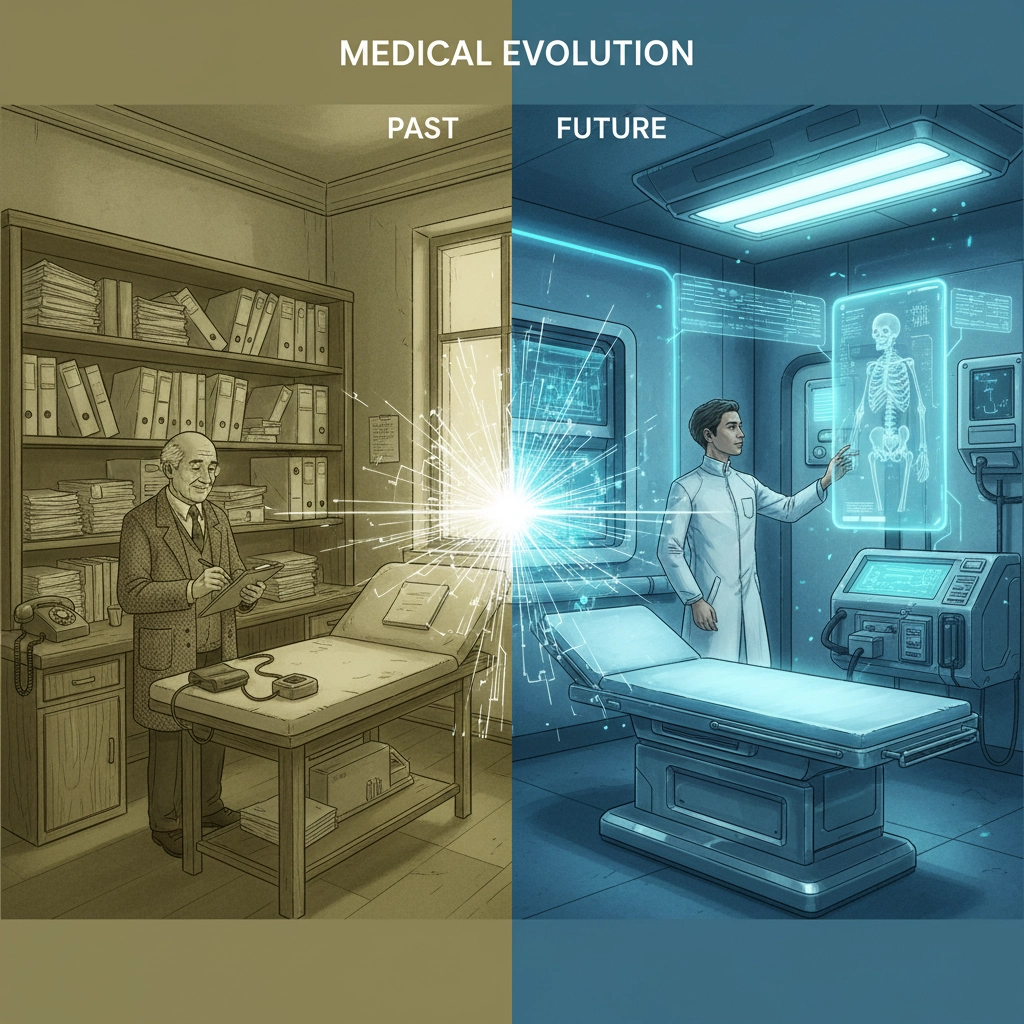
This could also revolutionize how we approach public health. Instead of responding to disease outbreaks, health officials could predict and prevent them. Instead of treating chronic diseases after they develop, we could stop them in their tracks.
But here's what really gets me excited: this technology could democratize access to high-quality health insights. Right now, only people with great doctors and resources get truly personalized medical care. AI tools like this could level the playing field, giving everyone access to sophisticated health analysis.
Of course, we'll need to solve the bias and accuracy issues first. And we'll need strong regulations to make sure this tech is used ethically and doesn't create new forms of discrimination.
What do you think – would you want to know what diseases you might develop in 10 years, even if the predictions aren't perfect?

